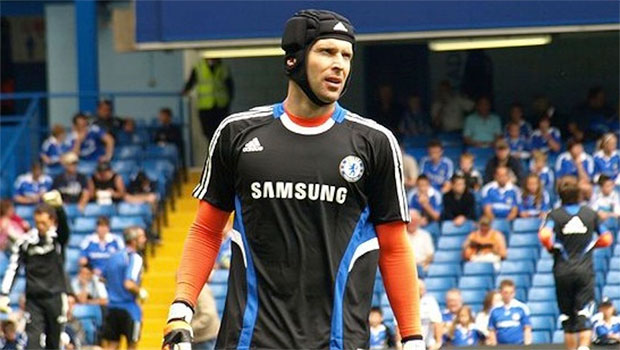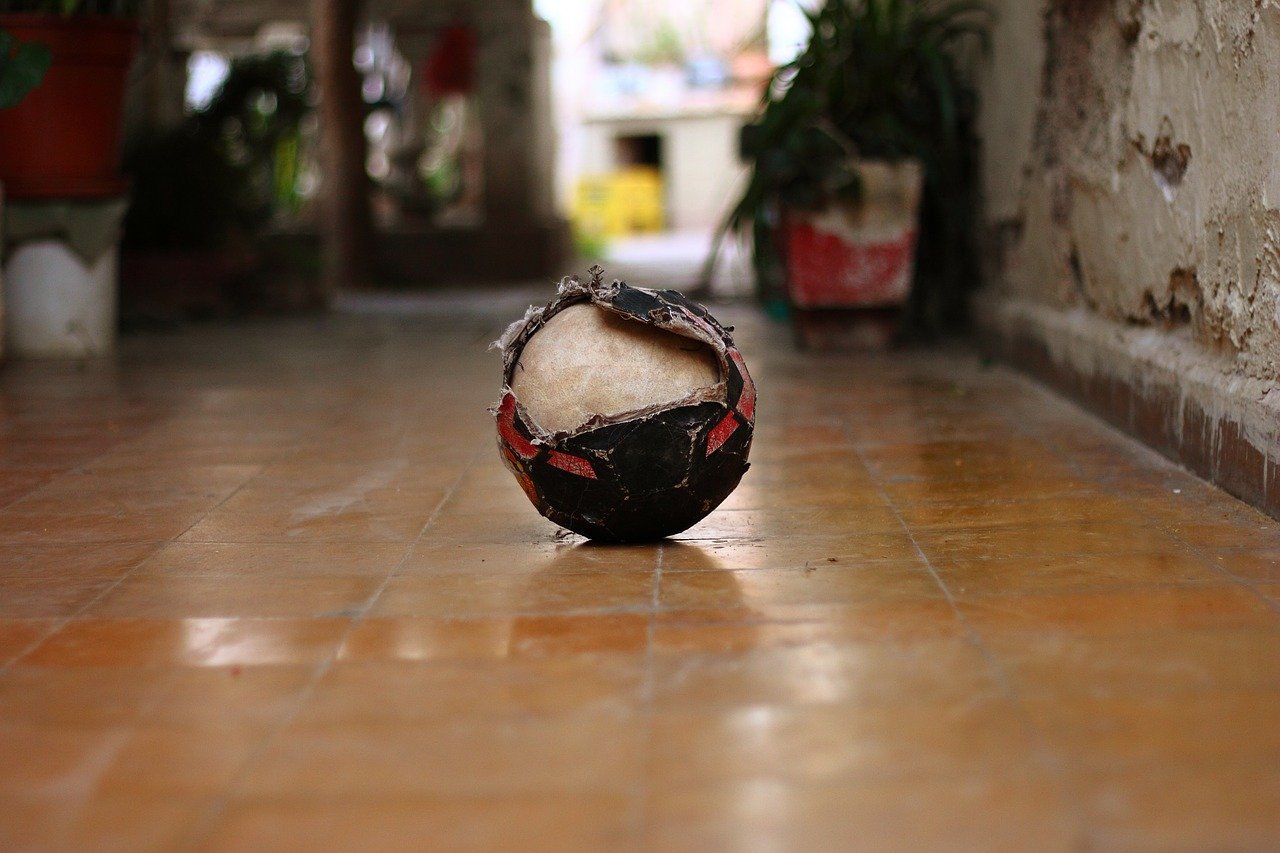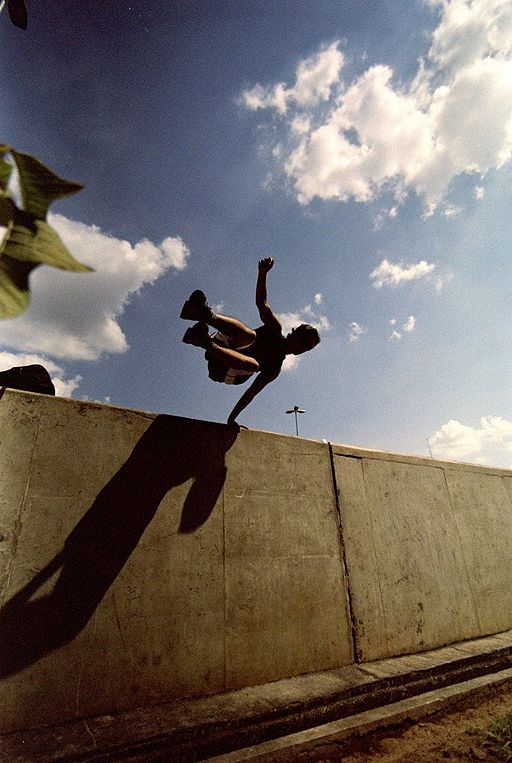Sportspeople who pick up serious head injuries during their career put themselves at risk of further complications months and years later, brain specialists warn.
Tottenham Hotspur goalkeeper Hugo Lloris made headlines after manager Andre Villas Boas elected to keep him on despite the player suffering concussion in a challenge with Everton’s Romelu Lukaku.
Former South African cricketer Darryn Randall died when he was hit in the head by a ball in October, and Mexican boxer Frankie Leal succumbed to injuries in the same month, three days after a fight.
The American Association of Neurological Surgeons have said that 90% of boxers will have suffered a brain injury by the end of their career. There were 70 boxing-related deaths between 1998 and 2006.
A group of over 4,500 former American football players are suing the National Football League for allegedly hiding the effects of head injuries on players.
Brain studies of the former NFL player Junior Seau, who committed suicide in May 2012, showed several abnormalities consistent, “with exposure to repetitive head injuries”, the study noted.
Fears over players developing chronic traumatic encephalopathy (CTE), have grown in recent years after the rise in mental illnesses and deaths of several high profile athletes. CTE is a degenerative disease often found in athletes who have suffered repetitive brain trauma.
Rugby authorities have also expressed concerns about the long-term consequences of head traumas, with a doctor having found the first case of early onset dementia caused by sporting injury.
A 14 year old from County Antrim, Northern Ireland was concussed in a school rugby match and died from second-impact injuries after playing on for 25 minutes.
The sport has been in the news recently after taking the decision to change its policy on concussions. Previously, players suspected of a concussion were made to leave the pitch and take a week off.
Under new guidelines a player may return to the pitch just five minutes after a medical inspection clears them of concussion.
Lloris’ injury kept him out of the Tottenham’s next two fixtures, against FC Sheriff in the UEFA Europa League and Newcastle United in the Premier League.
The impact of Tottenham’s decision to keep the player on the pitch was seen the following weekend, with knocks to Manchester United’s defender Nemanja Vidic and Arsenal’s Wojciech Szczesny in their match being carefully assessed.
It is not the first time that a goalkeeper has suffered a potentially career-changing head injury. Chelsea goalkeeper Petr Cech was injured by Stephen Hunt in Chelsea’s fixture against Reading in 2006. Cech has worn protective headgear since that point to allay fears of further damage.







